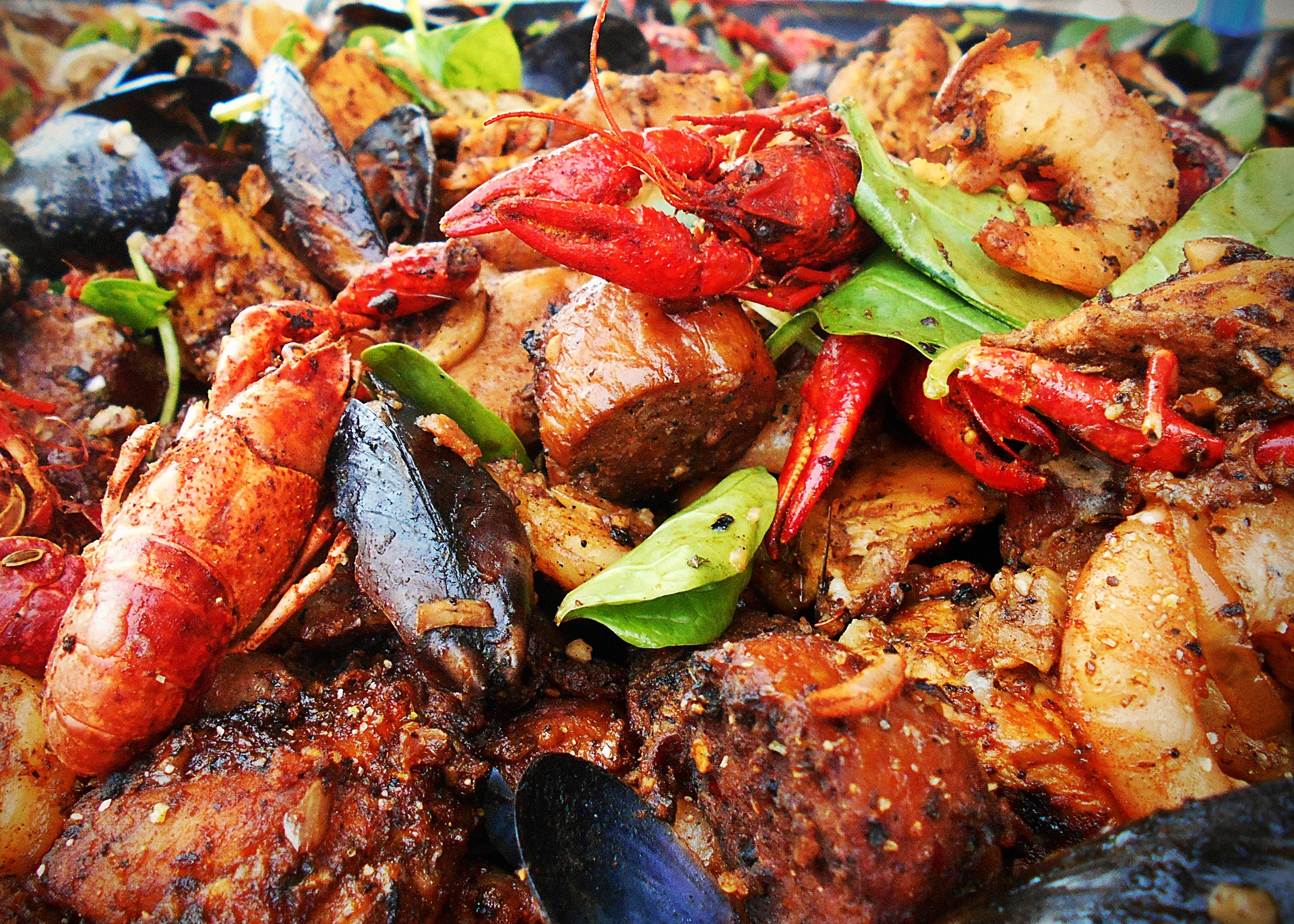Discovering the Uniqueness of New Zealand's Maori Cuisine
Food and drink are a universal language, capable of transcending borders and cultures. Today, we embark on a culinary journey to New Zealand, where we will explore the rich heritage of Maori cuisine, an underrepresented treasure trove of culinary delights.
Traditional Roots and Modern Innovations
Maori cuisine has deep roots in the indigenous culture of New Zealand, but it is not stuck in the past. Today’s Maori chefs draw from their rich heritage and infuse it with modern techniques and ingredients. Their creations are a unique blend of tradition and innovation, forming a cuisine that is both familiar and excitingly new.
Hangi: The Earth Oven
The Hangi is a traditional Maori method of cooking food in a pit oven. This centuries-old technique involves heating stones in a pit, placing baskets of food on top, and covering everything with earth. The result is a deliciously smoky and earthy flavor that is impossible to replicate.
Kai Moana: Seafood Delight
New Zealand is surrounded by water, and the Maori have a long tradition of gathering and preparing seafood. Kai Moana, or “food from the sea,” is a crucial part of Maori cuisine. Freshly caught fish, shellfish, and even seaweed are expertly prepared in a variety of ways, showcasing the bounty of the ocean.
Rewena Bread: A Staple with a Twist
Rewena bread is a staple of Maori cuisine. It’s a sourdough bread, but with a unique twist - it’s made using a potato starter. The result is a dense, slightly sweet bread that pairs perfectly with a wide variety of dishes.
The Role of Foraging
Foraging plays a significant part in Maori food culture. Many traditional recipes include native plants, herbs, and berries, collected fresh from the wild. This practice connects people with the land, reinforcing the Maori belief in the interconnectedness of all living things.
Interesting Tidbits about Maori Cuisine
-
Maori cuisine emphasizes the spiritual aspect of food. Every meal is considered a gift from the gods, and it is customary to say a prayer of thanks before eating.
-
The Maori New Year, Matariki, is marked by a feast using traditional cooking methods.
-
The Maori use every part of the animals they hunt, waste is highly frowned upon.
In conclusion, Maori cuisine offers a unique culinary experience that combines ancient traditions with modern innovations. It is not just about the food, but also the culture, the history, and the connection with nature. It is a journey of flavors and textures that engages all your senses and leaves you with a deeper understanding and appreciation of Maori culture. So, the next time you’re looking for a new culinary adventure, why not give Maori cuisine a try?





